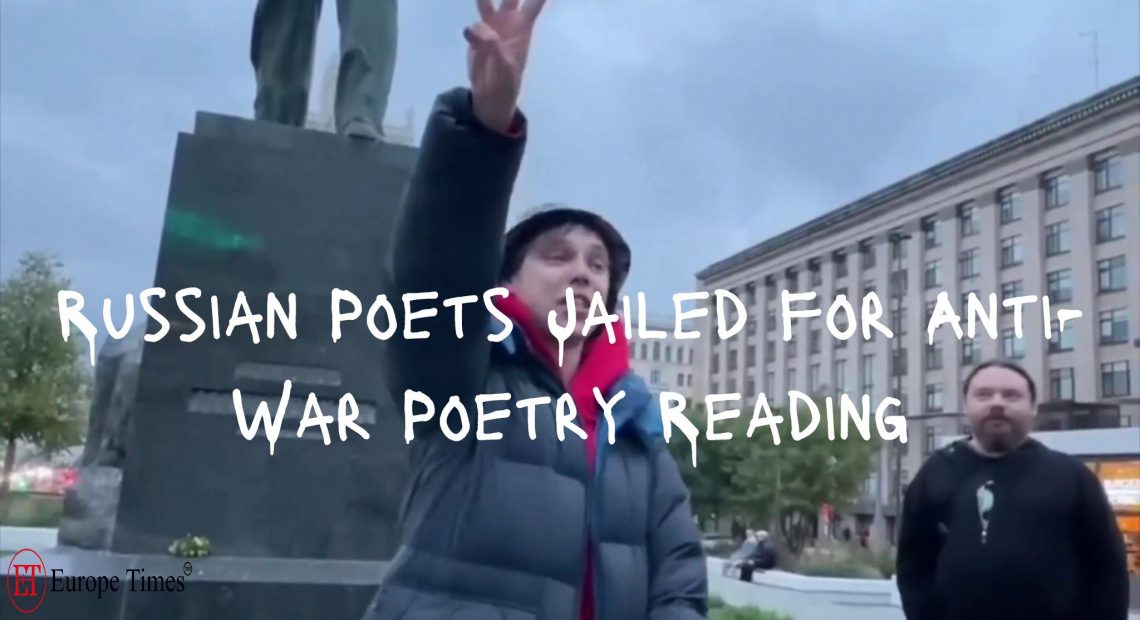Russian poets get jail sentences for anti-war poetry reading

In Moscow, two Russian poets, Artyom Kamardin and Yegor Shtovba, have been handed lengthy prison sentences for their involvement in a poetry reading featuring anti-war poems. Kamardin received a seven-year sentence, while Shtovba was given five and a half years. Both poets faced charges of “inciting hatred” against Russian troops and making “appeals against state security,” despite pleading not guilty. This harsh punishment is part of a broader crackdown on dissent in Russia, where individuals expressing opposition to the government’s actions face severe consequences.
The sentencing of Kamardin and Shtovba is emblematic of a disturbing trend in Russia, where the government has intensified its efforts to stifle dissent and criticism. The poets participated in the Mayakovsky Readings, an event that took place on September 25, 2022, in Moscow, shortly after President Vladimir Putin announced a “partial mobilization” campaign for the war in Ukraine. The charges against them are part of an alarming pattern of using state security as a pretext to suppress voices critical of the government’s actions, reflecting a broader erosion of free expression and civil liberties in the country.
The Mayakovsky Readings, a historical poetry event that has taken place since the 1950s, has become a symbol of resistance to oppressive regimes. However, in the current climate of heightened political tensions and military actions, such gatherings are increasingly deemed unsafe. The group had previously faced persecution during the Soviet era, with participants accused of anti-Soviet propaganda and sentenced to gulags. The recent suspension of the Mayakovsky Readings in October 2022 underscores the growing challenges faced by those who seek to express dissent in an increasingly restrictive environment.
The crackdown on dissent in Russia has reached alarming levels, with activists, poets, and opposition figures facing imprisonment for expressing criticism of the government’s actions, particularly in the context of the full-scale invasion of Ukraine. The sentences handed to Kamardin and Shtovba are part of a broader pattern of silencing voices that challenge the official narrative, raising concerns about the state of democracy and human rights in Russia.
Picture Courtesy: Google/images are subject to copyright
